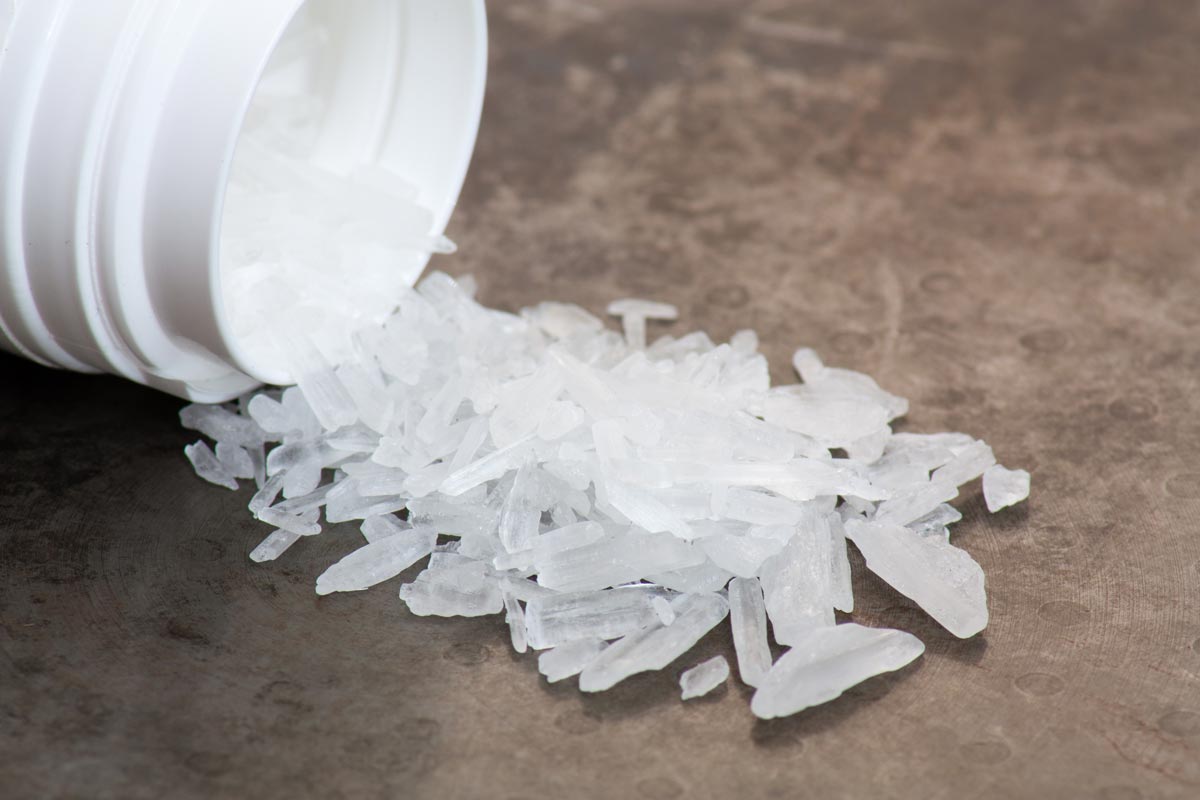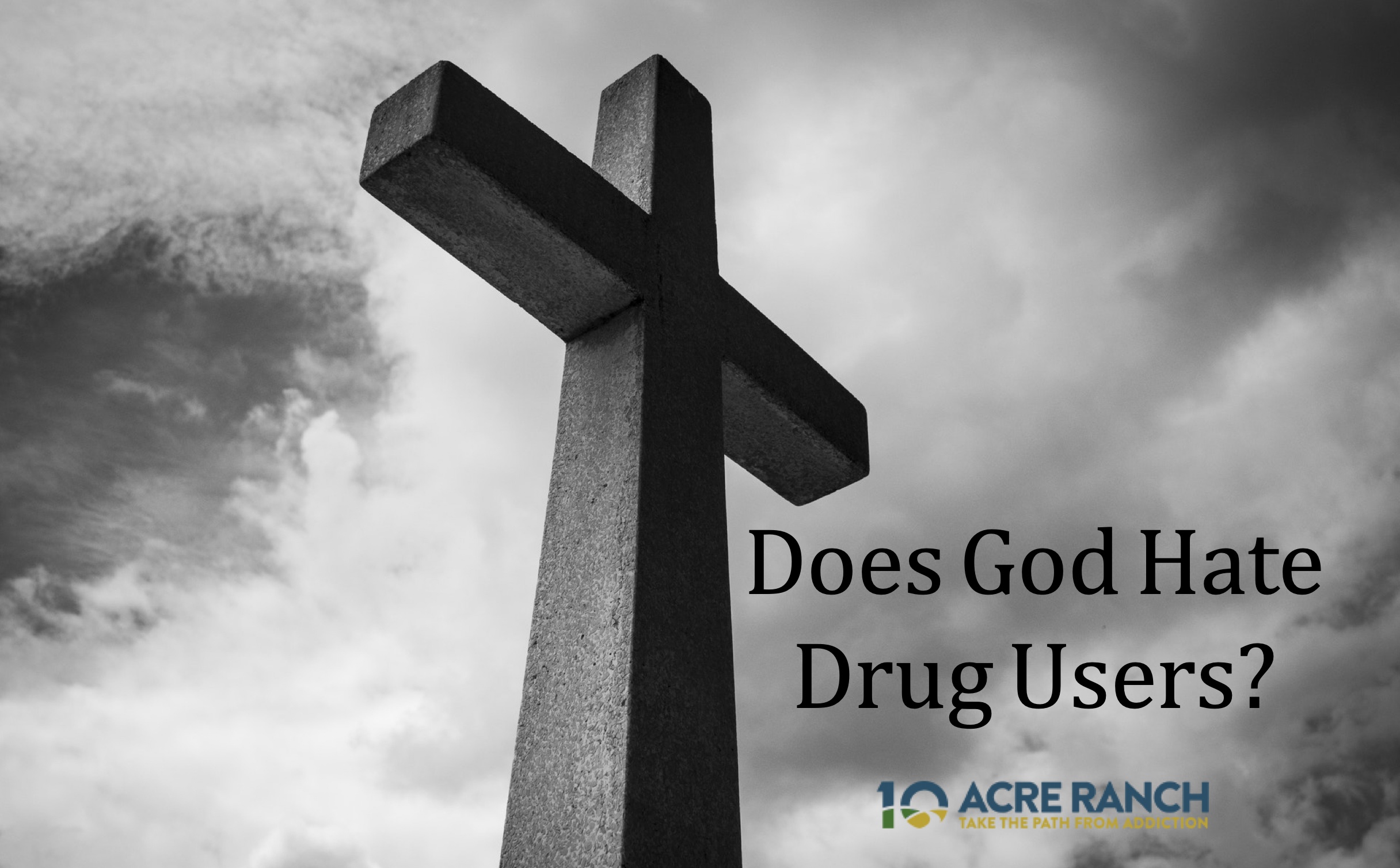7 Signs of Denial in an Addict
 Today, an estimated 18.5 million Americans struggle with drug and alcohol addiction, yet, in 2019, just 20.4% of us ever got help. That’s often because of factors like denial, in which we literally lie to ourselves about whether we have a problem and whether we can quit on our own. Most of us associate addiction with significant personal shame and personal failure. While that isn’t true, addiction is a mental health disorder that some of us are more vulnerable to than others, we feel that way anyway. As a result, we lie to ourselves, convincing ourselves that we drink or use because of specific reasons, and we could easily regain control “if we wanted to”.
Today, an estimated 18.5 million Americans struggle with drug and alcohol addiction, yet, in 2019, just 20.4% of us ever got help. That’s often because of factors like denial, in which we literally lie to ourselves about whether we have a problem and whether we can quit on our own. Most of us associate addiction with significant personal shame and personal failure. While that isn’t true, addiction is a mental health disorder that some of us are more vulnerable to than others, we feel that way anyway. As a result, we lie to ourselves, convincing ourselves that we drink or use because of specific reasons, and we could easily regain control “if we wanted to”.
Denial is also incredibly normal. Most addicts are more prone to denial than they are to acknowledging that they have a problem. And, that’s important, because acknowledgement is one of the first steps to getting help. You can’t go to rehab and get treatment if you’re not yet ready to go “I have a problem and I want to get better”.
If you or a loved one is struggling with substance use, chances are, they are in denial. These 7 signs of denial in an addict will get you started on how to recognize and respond to that denial.
1. “I can quit anytime I want”
If your loved one constantly acts as though they can stop at any point in time, but doesn’t, they are likely in denial. Phrases like:
“I can quit anytime I want”
“I’ll quit next week”
“I’ll think about if I want to and if I want to I will”
Are all fine if they are followed by quitting or a reduction in alcohol intake. But, when they are empty bluster and the person does not decrease alcohol, does not attempt to quit, and continues on as they are, it’s likely a case of denial. Here, they are using a mental tactic to avoid acknowledging to themselves that they can’t quit. And, chances are, deep down, they’re afraid that they can’t. So, if they say it out loud or try to for real, they will have to acknowledge that they can’t.
This is especially common when substance use started out small and got to be a big thing over a period of time. E.g., someone abusing sleeping pills, someone drinking, or an occasional habit of recreational drugs like cannabis became a daily thing. They can easily pretend they’re still in a state from several months or even years ago, when they were in control and they could quit. Acknowledging that that is no longer the case is painful and most people will avoid it at all costs unless forced to face it.
2. “It’s Not That Bad”
“So? I’m not doing heroin”, “It’s just a glass of vodka after work”, “I don’t even drink as much as X person” are all phrases you might here when someone is trying to minimize the extent of their problem. Chances are, they might not realize how much they drink or use themselves. That’s especially true when they get into sneaking habits. For example, they have a bottle of whiskey on the table, they start drinking too much of it, they start filling it up to hide how much they’re drinking, and before long, they can’t even keep track of how much they’re drinking themselves.
This is most common with prescription medication, because people take one and then another, and hide the results – and don’t notice how much they’ve gone through until the prescription is out. Then, they get more and the cycle starts over again. If they’ve gone doctor shopping and have more than one doctor, they’ll even pretend that they’re not using that much, they just need more because their original prescription doesn’t cover their needs.
This sort of denial is especially insidious because they’ll likely have no idea how much it is they’re actually taking. That can be difficult to deal with, because you’ll have to force them to realize how much they’re drinking or using as part of the discussion.
3. “I didn’t drink/use anything”
Outright lying is something that few of us expect as a denial tactic, but it is. This is exacerbated by the fact that substance use affects memory. Someone using might not have any actual memory of drinking or using on that date. They might be acting self-righteous because they actually believe you’re accusing them falsely.
Here, you’ll most commonly get lies about how much someone drank. E.g., “I only had two beers”, when they came home and blacked out.
Get Your Questions Answered
 4. “I need to relax”
4. “I need to relax”
If someone is validating their substance use through excuses, they are likely in denial. Here, you’ll often see things like:
- “I need a drink after work, commute and my boss are so stressful”
- “Just until I get a new job, I’ll quit after, I promise”
- “I’m in pain, I’ll stop when this prescription is out”
- “I can’t function without it, I’ll finish this big task at work and then I’ll quit”
People who have experienced a traumatic incident, such as a car accident or death in the family, are very likely to lean on this type of denial. It means shifting the reason for using substances to an external event. The problem is, the goal post is almost always moved.
5. “If you wouldn’t nag”
People who blame others for their substance use disorders are normally trying to evade personal responsibility and personally feeling bad. They can weaponize that to anger against others, essentially blaming the other for causing their need for substance use.
- “Dealing with a baby is so stressful, I can’t manage without the valium”
- “If you wouldn’t nag”
- “If my boss would quit riding me all day”
- “Carolyne broke up with me I need this”
This sort of blame can range from the relatively understandable to simply accusing someone else of causing problems. It’s always a bad sign, because reasons for drinking are always internal. If someone is looking externally, they’re looking for someone to blame so they don’t have to be accountable themselves.
6. “And who’s fault is that?”
If someone turns conversations around and blames others or manipulates you into changing the subject when you bring up drugs and alcohol, they are in denial. Drug and alcohol addicts often use manipulation to cover their addiction, both to others and to themselves. For example, if they redirect the conversation, change the topic, or twist the conversation around to be about you or your behavior. This is a strong sign that they are evading the topic, and usually that means to themselves as well.
7. Hiding Substance Use
The most telling sign that someone is in denial is when they hide signs of substance abuse. For example, if they tuck bottles into the bottom of the trash. If they hide pill packages. If they use pills from a container other than the one you see them taking daily prescriptions from. If they’re using illicit drugs, it’s understandable they’d hide that as well, but anyone taking an illicit drug also has a problem as well.
Denial is common in addicts, because most of us don’t want to admit that we have a problem. We want to be healthy, in control, and able to stop whenever we want. But, addiction catches everyone unaware. There’s no shame in acknowledging that you have a mental health disorder and no shame in getting help. The first step to getting help is recognizing the problem and reaching out.
If you or your loved-one struggles from substance abuse please contact us today and speak with one of our experienced and professional intake advisors. We’re here to help you recover.







